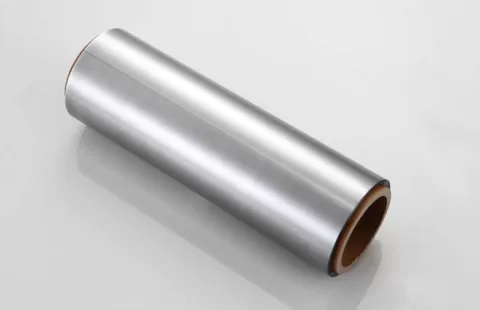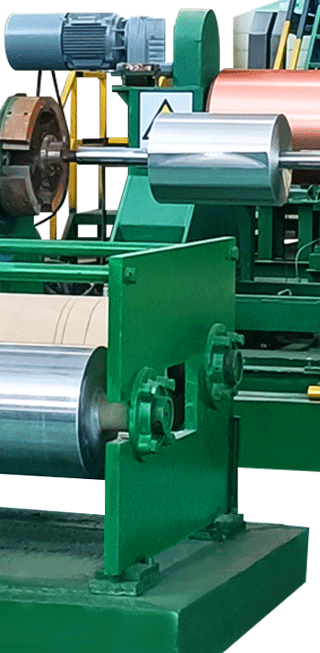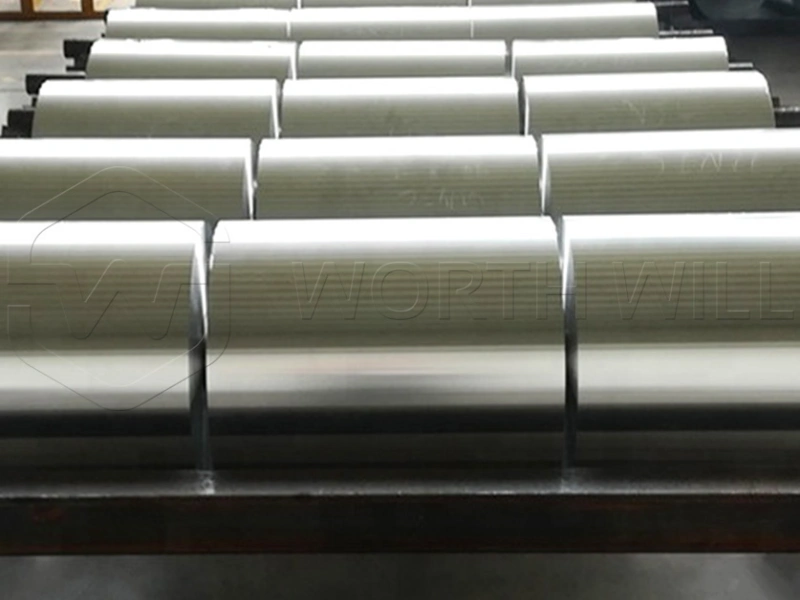
18 Micron Aluminium Foil
18 Micron Aluminium Foil is a staple in kitchens, industries, and various other sectors worldwide. Its unique properties, such as excellent barrier protection, heat conductivity, and flexibility, make it indispensable. Among the various thicknesses available, 18 micron aluminium foil stands out as a highly versatile and robust option.

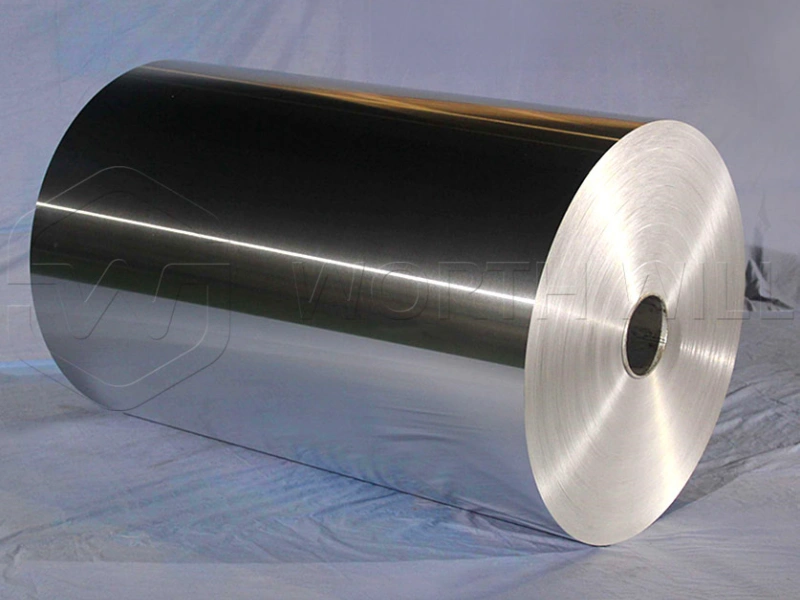
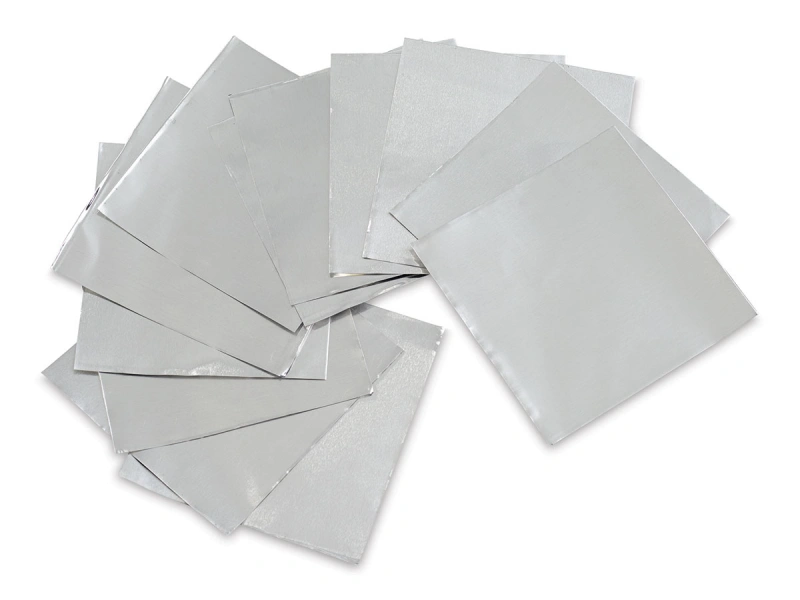
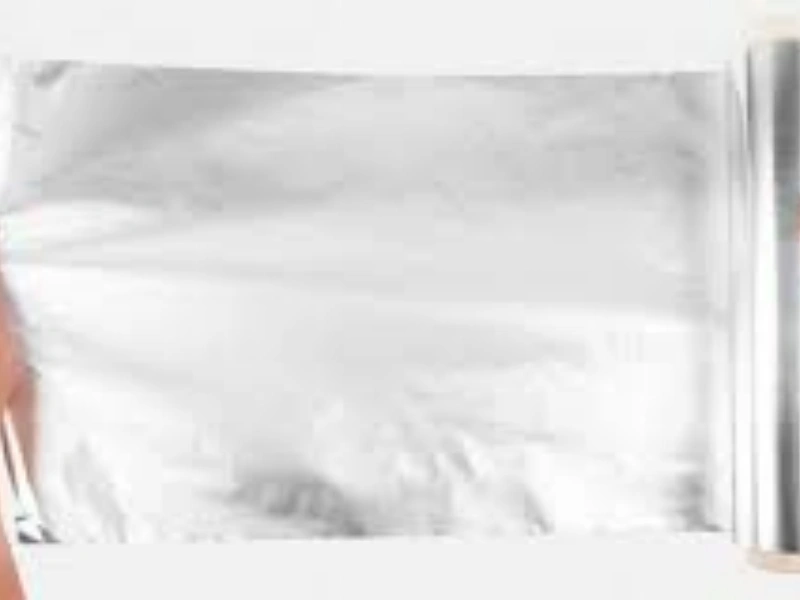
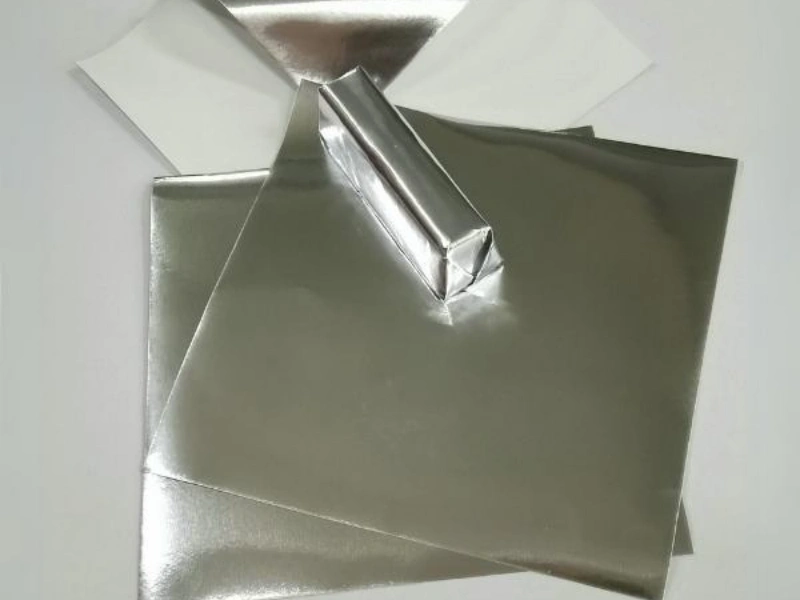
Specifications of 18 Micron Aluminium Foil
- Alloy: 8011, 1235, 3003
- Temper: O, H22, H24
- Thickness: 18 micron (0.018 mm)
- Width: 18 inch (approx. 457 mm) or custom
- Length: 1000 ft, 40 meters, or tailored sizes
- Surface: One side bright, one side matte
- Packaging: Jumbo rolls, retail boxes, food-grade wrapping
The 18 micron thickness provides enough durability for heavy-duty aluminum foil rolls while still being flexible and easy to shape.
Classification by Alloy
8011 Aluminum Foil – 18 Micron
- Most popular for food wrapping and pharmaceutical use
- Great barrier against moisture, light, and air
1235 Aluminum Foil – 18 Micron
- High purity (≥99.35%)
- Soft temper and good printing properties
3003 Aluminium Foil – 18 Micron
- Higher strength, mainly for insulation and industrial use
- Suitable for heat shielding and lamination
Common Products in 18 Micron Foil
Here are some typical 18 micron aluminum foil roll products available in the market:
- ✅ 18 Inch Heavy Duty Aluminum Foil Rolls
- ✅ Standard Aluminum Foil Roll, 63 Gauge, 18″ x 1000 ft
- ✅ Aluminium Foil 40 Meters, 18 Micron
- ✅ 18″ x 1000′ Heavy Duty Aluminum Foil Roll – 1 Roll
These sizes are ideal for food service, commercial kitchens, and packaging distributors.
Specification
Classification
When we talk about 18 micron aluminium foil, the “18 micron” refers to its thickness. A micron, or micrometer, is one-millionth of a meter (0.001 millimeters). This measurement is crucial as it directly impacts the foil’s strength, tear resistance, and barrier properties. Aluminium foil is broadly classified based on its thickness into household, standard duty, and heavy duty.
- Household Foil: Typically ranges from 9 to 12 microns.
- Standard Duty Foil: Often around 14 to 16 microns.
- Heavy Duty Aluminium Foil: Generally 18 microns and above. This classification indicates that 18 micron aluminium foil falls into the “heavy duty” category, making it significantly stronger and more durable than thinner household varieties.
How many microns should aluminium foil be?
The ideal thickness of aluminium foil depends entirely on its intended use. For light wrapping or covering, thinner foils might suffice. However, for applications requiring greater strength, tear resistance, or superior barrier properties, a thicker foil like 18 micron aluminium foil is recommended.
What is the best thickness of aluminum foil?
There isn’t a single “best” thickness. For most professional cooking, grilling, and industrial uses where strength and heat retention are paramount, 18 micron aluminium foil or thicker is often considered optimal. For general household food storage and light wrapping, thinner foils are more common.
Alloy
The performance of aluminium foil is also heavily influenced by the aluminium alloy from which it is made. The most common alloys used for aluminium foil production are from the 1xxx and 8xxx series, particularly the 8011 alloy.
- 1xxx Series (e.g., 1235): These alloys are nearly pure aluminium, known for their excellent formability and high corrosion resistance. They are often used for general-purpose foils.
- 8xxx Series (e.g., 8011, 8079): These alloys contain small additions of iron and silicon, which enhance their strength without significantly compromising ductility. 8011 alloy is particularly favored for aluminium foil because it offers:
- Good Strength: It can withstand tearing and puncturing, especially important for heavy duty aluminium foil.
- Excellent Formability: It can be easily shaped and molded around various items.
- Superior Barrier Properties: It effectively blocks moisture, oxygen, and light, critical for food and pharmaceutical packaging.
- Thermal Stability: It performs well across a wide range of temperatures, from freezing to high heat.
Therefore, 18 Micron Thickness Aluminum Foil for 8011 Alloy is a highly sought-after combination, ensuring both robust physical properties and excellent functional performance.
Key Product Varieties and Dimensions
- 18 inch Heavy Duty Aluminum Foil Rolls: This is a very common dimension for professional and household use. The 18-inch width provides ample coverage for larger food items, baking trays, and commercial applications. Combined with the 18 micron thickness, these aluminium foil rolls offer exceptional durability.
- Standard Aluminum Foil Roll, 63 Gauge, 18″ x 1000 ft: While “gauge” can refer to thickness, aluminium foil thickness is predominantly measured in microns or mils. 18 microns is a very specific thickness. A standard 18″ x 1000 ft roll of heavy duty aluminium foil is a popular choice for high-volume users, providing a long-lasting supply of robust foil.
- Aluminium Foil 40 Meters, 18 Micron: For consumer use, 18 micron aluminium foil is also available in more manageable lengths like 40 meters, suitable for regular household cooking and food storage needs.
- 18″ x 1000′ Heavy Duty Aluminum Foil Roll – 1 Roll: This specification highlights the large format often preferred by restaurants, caterers, and industrial users who require a substantial supply of high-quality, durable foil.
Characteristics of 18 Micron Aluminium Foil
- Exceptional Strength and Durability: The 18-micron thickness provides superior resistance to tearing and puncturing, making it ideal for wrapping heavier items or for use in high-stress applications.
- Outstanding Barrier Properties: It forms an excellent barrier against moisture, oxygen, light, and contaminants, significantly extending the shelf life of perishable goods.
- High Thermal Conductivity: Aluminium foil conducts heat efficiently, making it perfect for cooking, baking, grilling, and keeping food warm. It can also withstand extreme temperatures.
- Flexibility and Formability: Despite its strength, 18 micron aluminium foil remains highly flexible and can be easily molded around objects of various shapes, creating a tight seal.
- Non-toxic and Food Safe: Aluminium foil is safe for direct contact with food, non-reactive, and does not impart any flavor or odor to the wrapped contents.
- Recyclability: Aluminium foil is 100% recyclable, contributing to sustainable practices and reducing environmental impact.
Advantages of 18 Micron Aluminium Foil
Choosing 18 micron aluminium foil offers several distinct advantages:
- Superior Food Preservation: Its robust barrier properties ensure food stays fresh longer, reducing spoilage and waste. It’s excellent for freezing, refrigerating, and wrapping leftovers.
- Enhanced Cooking Performance: The thickness allows for even heat distribution, preventing hot spots and ensuring food cooks uniformly. It’s perfect for roasting, baking, and grilling.
- Versatility Across Applications: From culinary arts to industrial uses, its balanced properties make it adaptable to diverse requirements.
- Cost-Effectiveness: While slightly thicker than standard household foils, its enhanced durability means less breakage and waste, offering better value in the long run, especially for heavy duty aluminium foil rolls.
- Reliable Protection: It provides a reliable protective layer against physical damage, moisture, and odors.
Common Applications of 18 Micron Aluminium Foil
The uses of 18 micron aluminium foil are extensive due to its strength and barrier properties:
- Food Service and Culinary:
- Wrapping and storing perishable foods (meats, vegetables, baked goods).
- Lining baking sheets and roasting pans for easy cleanup.
- Grilling and BBQ applications (e.g., foil packets for cooking fish or vegetables).
- Covering dishes to keep them warm or prevent splattering during cooking.
- Catering and takeout packaging.
- Pharmaceuticals and Medical:
- Blister packaging for pills and tablets, protecting them from moisture and light.
- Sterile packaging for medical instruments.
- Insulation:
- Thermal insulation in buildings, HVAC ducts, and pipes to prevent heat loss or gain.
- Used in reflective insulation materials.
- Industrial and Manufacturing:
- Lining containers and drums for chemical or sensitive material storage.
- Used in laminates for various packaging solutions.
- Electronics:
- Electromagnetic shielding in cables and electronic components to reduce interference.
- While aluminium foil can provide some electromagnetic shielding, will aluminum foil block cell phone signals completely and reliably? No, not effectively for typical cell phone frequencies. Its primary use in electronics is often for specific component shielding, not general signal blocking.
- Hairdressing and Beauty:
- Hair coloring applications.
Understanding Thickness: How many microns is Reynolds aluminum foil?
As mentioned, the thickness of aluminium foil is critical. When asking “How many microns is Reynolds aluminum foil?”, it’s important to note that Reynolds, like other major brands, produces aluminium foil in various thicknesses to suit different consumer needs. For example, Reynolds often offers “Standard” (thinner, around 9-12 microns) and “Heavy Duty” (thicker, often around 18-25 microns) options. Always check the product packaging for specific micron or mil thickness information to ensure you select the right foil for your task.
Manufacturing Process
The creation of aluminium foil, including the 18 micron aluminium foil, begins with large ingots of pure aluminium or aluminium alloys (like 8011 alloy). These ingots are first hot-rolled into thick sheets and then cold-rolled through a series of highly polished rollers. This process gradually reduces the thickness of the aluminium until it reaches the desired measurement, such as 18 microns. Precision control during rolling is essential to achieve a uniform thickness across the entire aluminium foil roll. After rolling, the foil may undergo annealing (heat treatment) to soften it and improve its flexibility, and then it is slit into the final desired widths and lengths, ready to be wound onto aluminium foil rolls.
Maintenance and Storage
Maintaining aluminium foil is simple: store aluminium foil rolls in a cool, dry place away from direct sunlight or extreme temperatures to prevent any potential degradation of the packaging. Keep it in its original box to protect the edges and make dispensing easier. Aluminium foil itself does not require cleaning or special maintenance, as it is designed for single-use or limited-use applications.
Why Choose Our 18 Micron Aluminium Foil?
When you need a reliable, strong, and versatile aluminium foil, our 18 micron aluminium foil products deliver exceptional performance. Crafted from premium 8011 alloy, our heavy duty aluminium foil rolls are engineered to meet the highest standards of quality and durability. Whether for professional kitchen use, industrial applications, or household tasks, our aluminium foil provides superior barrier protection, excellent heat management, and tear resistance. Choose our 18 micron aluminium foil for consistent quality and outstanding results.
Conclusion
18 micron aluminium foil stands as a testament to the versatility and functionality of aluminium. Its specific thickness, often combined with the robust 8011 alloy, positions it as a superior choice for a myriad of applications demanding strength, barrier protection, and thermal efficiency. From safeguarding food freshness to aiding in complex industrial processes, the 18 micron aluminium foil offers a perfect blend of performance and reliability. By understanding its characteristics and advantages, you can effectively leverage this remarkable material to enhance your daily tasks and professional operations.
Leave a Comment
You must be logged in to post a comment.


